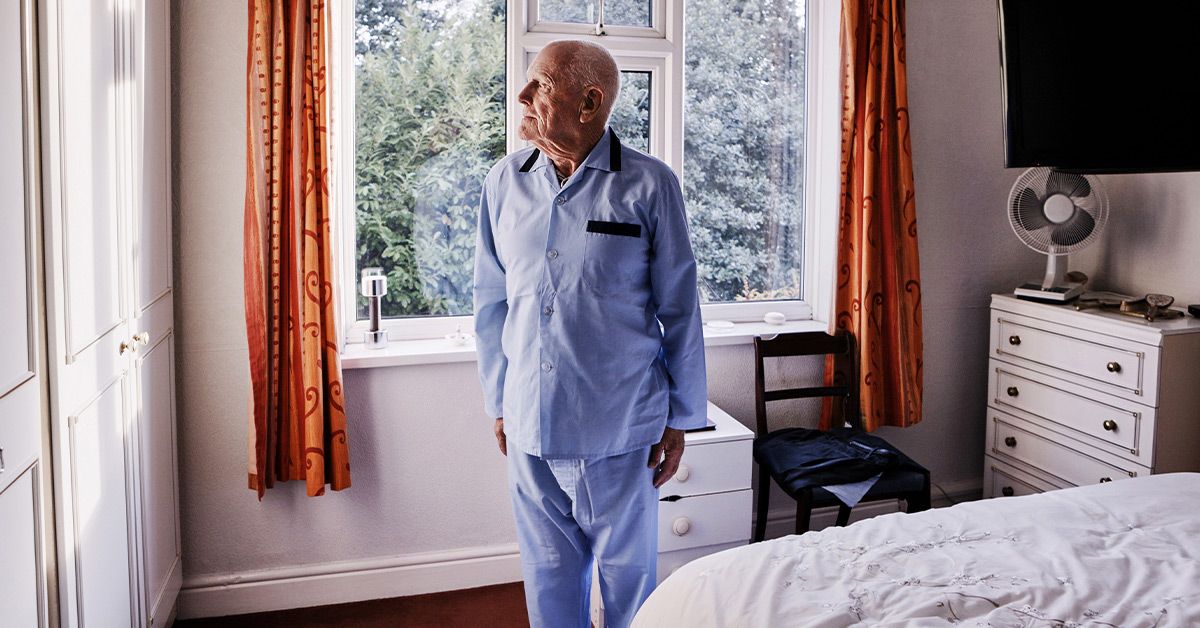A new study presented at the Alzheimer’s Association International Conference 2024 has found a possible link between sleeping position and neurodegeneration, particularly in neurodegenerative diseases like Alzheimer’s and Parkinson’s. The study, which has not yet been published in a peer-reviewed journal, builds on previous research that suggests sleeping in a supine position may be associated with an increased risk of neurodegenerative disease. Researchers used the Sleep Profiler, a device developed by Advanced Brain Monitoring, to calculate how many hours participants slept in a supine position.
The study involved participants with neurodegenerative conditions such as Alzheimer’s disease, Parkinson’s spectrum disorder, and mild cognitive impairment, who slept more than two hours in the supine position compared to a control group. According to Daniel J. Levendowski, president and co-founder of Advanced Brain Monitoring, the accumulation of neurotoxins in the brain begins around midlife and 15-20 years before cognitive symptoms appear. When individuals sleep on their backs, neurotoxin flushing is less efficient than when they sleep on their sides, potentially contributing to neurodegeneration over time.
While the association between supine sleeping and neurodegeneration is strong, it has yet to be proven that supine sleeping actually causes neurodegeneration. Sleep quality, duration, and untreated sleep apnea are also factors that can impact the accumulation of neurotoxins in the brain. Neurologist Daniel Truong emphasized the need for further research in this area and suggested incorporating discussions about sleep habits into broader conversations about brain health in patients with neurodegenerative diseases.
Truong explained that while some emerging research suggests that sleeping in certain positions, such as on one’s side, may facilitate the brain’s clearance of waste products and reduce the risk of neurodegenerative diseases, the evidence is not yet strong enough to recommend specific sleep positions to prevent these conditions. He advised readers to consult their doctor for personalized advice on sleep habits and lifestyle factors that may impact their risk of developing neurodegenerative diseases. In conclusion, prioritizing good sleep hygiene and overall lifestyle factors remain important for reducing the risk of neurodegenerative conditions.











